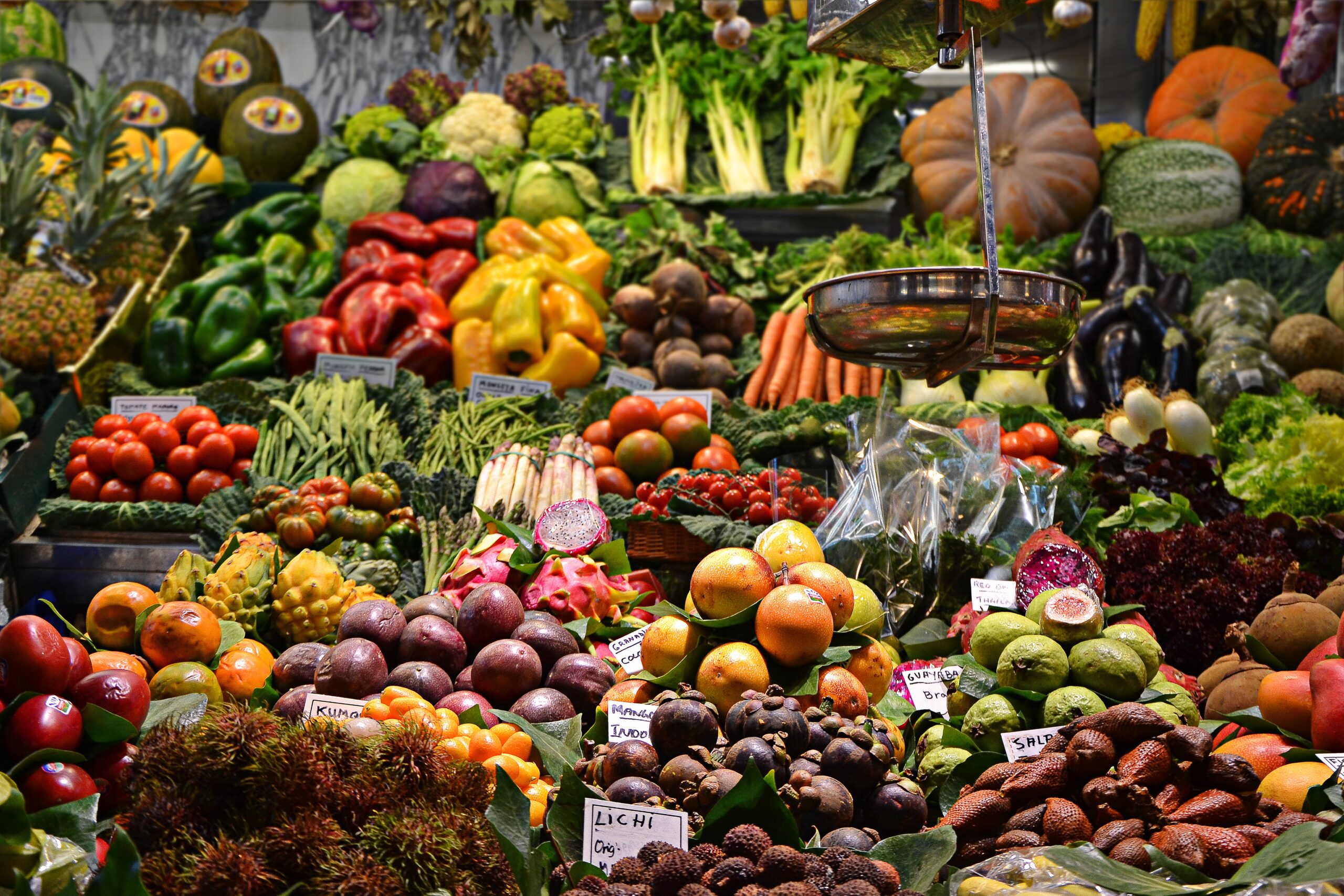
In The Locavore’s Dilemma: In Praise of the 10,000-Mile Diet, Pierre Desrochers, a former Julian Simon Fellow at PERC, and Hiroko Shimizu, a policy analyst, carefully explain the history, science, and economics of food supply. They demonstrate that locavores miss or misunderstand: the environmental impacts of agricultural production; the drudgery of subsistence farming; and the essential role large-scale, industrial producers play in making food more available, varied affordable, and nutritional than ever before in history.
Desrochers and Shimizu show how eliminating agriculture subsidies and opening up international trade is the route to a less costly and more diverse supply of food. It is not by accident that we are blessed with the cheapest food in history. According to the USDA, Americans devote a piddly 6.6 percent of family budgets to food. Thank goodness we are globavores. In contrast, people in Cameroon, who devote 47 percent of their income to food, have a much more locavore diet.
If people want to dabble with a locavore diet, that is their right. The problem is that, as with any idea that gets some adherents, politicians see an opportunity and immediately begin thinking about attracting voter approval by giving money to support someone’s food preference or hobby. Locavores are not the first, of course. Our agricultural markets are blighted with special-interest treats for domestic sugar producers among others.
As the authors note, Secretary of Agriculture Tom Vilsack has jumped on the locavore bandwagon: “In a perfect world, everything that was sold…and consumed would be local…. we don’t have yet a very sophisticated distribution system for locally grown food. One thing we can do is work on strategies to make that happen. It can be grant programs, loan programs, it can be technical assistance.” Putting words into action, USDA now gives preference in contract bidding for school meals to local farm products, and members of Congress have pitched assorted bills to subsidize local growers.
Other boondoggle experts want to get in on the racket as well. Michigan State University has generously offered, for $100 million, to build a 100-acre urbanagriculture research center in Detroit, where there is interest in converting empty land into agriculture. Mayor of Detroit Dave Bing explained recently, in the Wall Street Journal, that “innovation based on metropolitan food production can create new businesses and jobs.” Sure, if the subsides are big enough. Taking money from more productive uses and putting it into lower-valued uses means a smaller economy. The book explains how global trade in foodstuffs allows a bigger economic pie for all to enjoy.
Locavore restaurants are sprinkled around the country. Adherents worry about how far it is to go to get acceptable food; is 100 miles fair? This hobby may voluntarily generate a bit of income for high-cost banana growers in Montana rather than greedy low-cost Guatemalan banana farmers, but what does it do for food efficiency and the environment as a whole?
The agricultural market is already shot through with subsidies, such as the one for uncompetitive American sugar growers in a few states who make campaign contributions in each and every election. Don’t be surprised if locavores manage to get in on the act, tying together misguided economic and environmental beliefs that Desrochers and Shimizu dissect in scholarly, but readable fashion.



